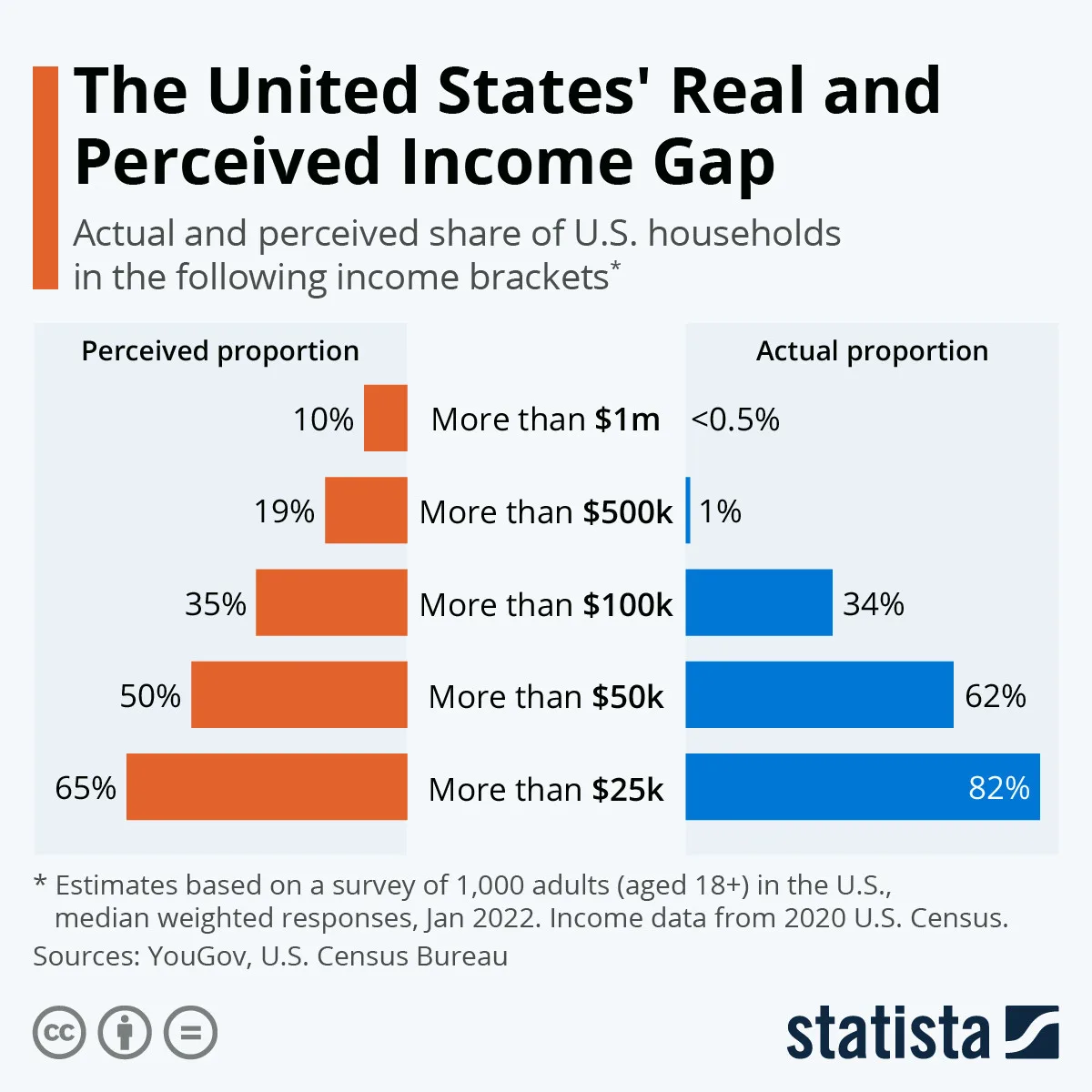In a surprising move, Turkey’s Central Bank has reduced its benchmark interest rate to 12% from 13% as part of its aggressive monetary easing strategy, even as inflation in the country remains high. This decision came as Turkey grapples with soaring inflation rates, which are currently hovering around 65%, leading to fears that this rate cut might lead to even greater economic instability. The relentless rise in consumer prices has prompted debates among economists about the sustainability of such monetary policies. Some analysts believe this could potentially exacerbate inflationary pressures, with predictions suggesting inflation could surpass the 70% threshold later in 2025. ‘This cut sends mixed signals about the Central Bank’s commitment to controlling inflation,’ commented economist Arda Tunca, highlighting the potential risks involved. The bank’s decision is also viewed through the lens of external pressures, notably from President Recep Tayyip Erdogan, who has long advocated for lower borrowing costs to stimulate economic growth. Critics argue that the government’s prioritization of growth over inflation control might eventually lead the Turkish economy into deeper turmoil. ‘Erdogan’s influence on the Central Bank is evident, but this approach may backfire,’ stated financial analyst Selin Yilmaz, raising concerns about the long-term implications for Turkey’s economic health. As the Turkish lira continues to plummet against major currencies, the ramifications of this rate cut could be wide-ranging, impacting everything from consumer confidence to foreign investment.
Turkey’s Central Bank Lowers Interest Rate Amid Inflation Concerns











